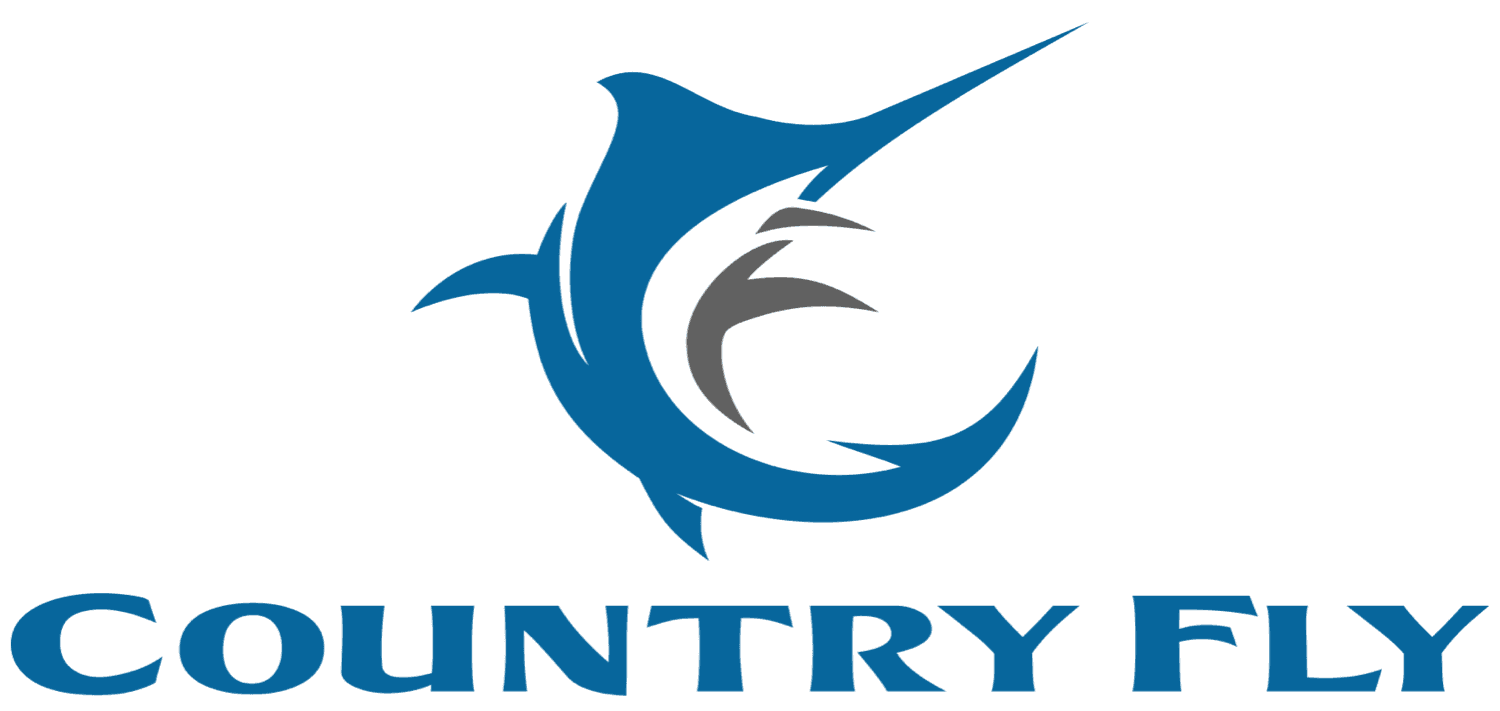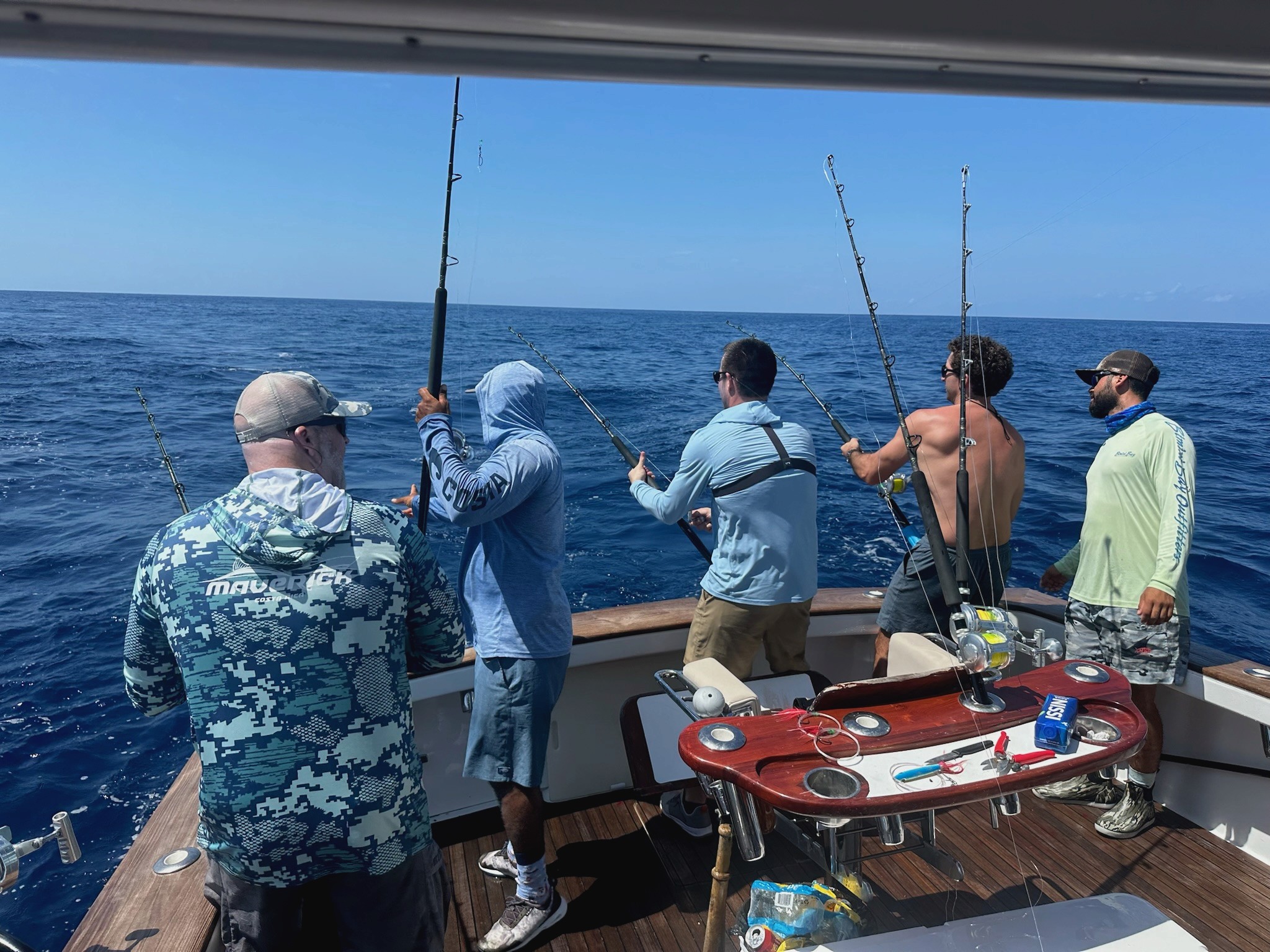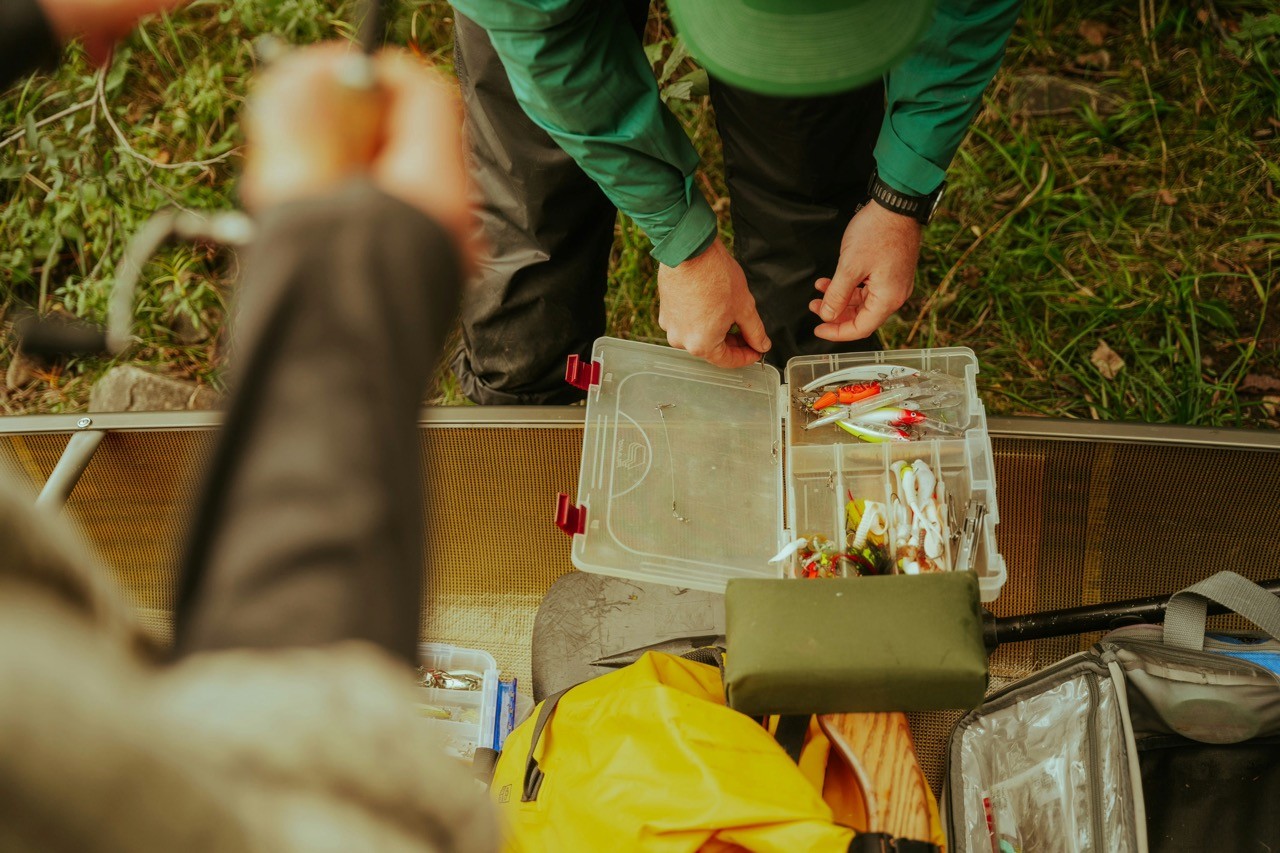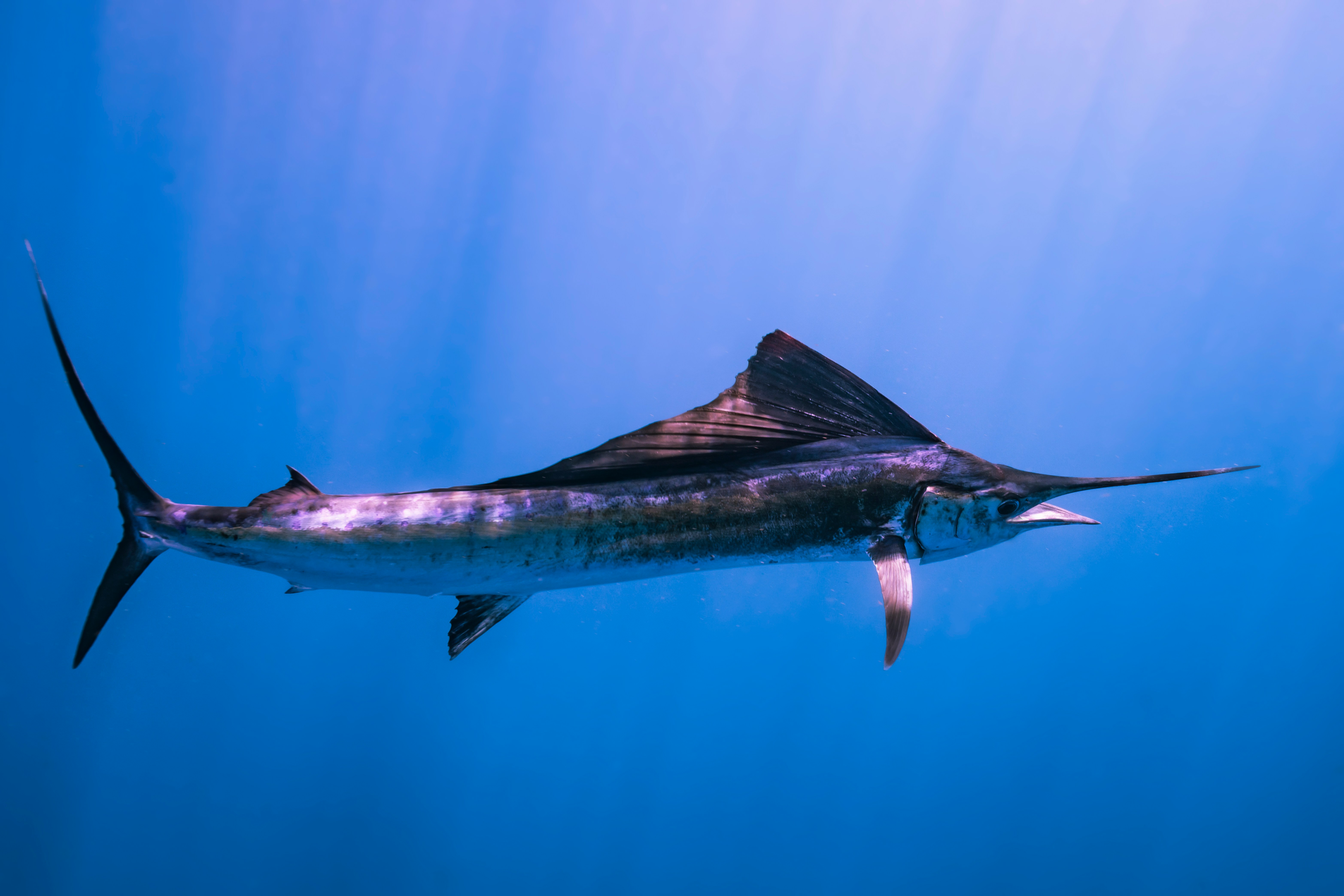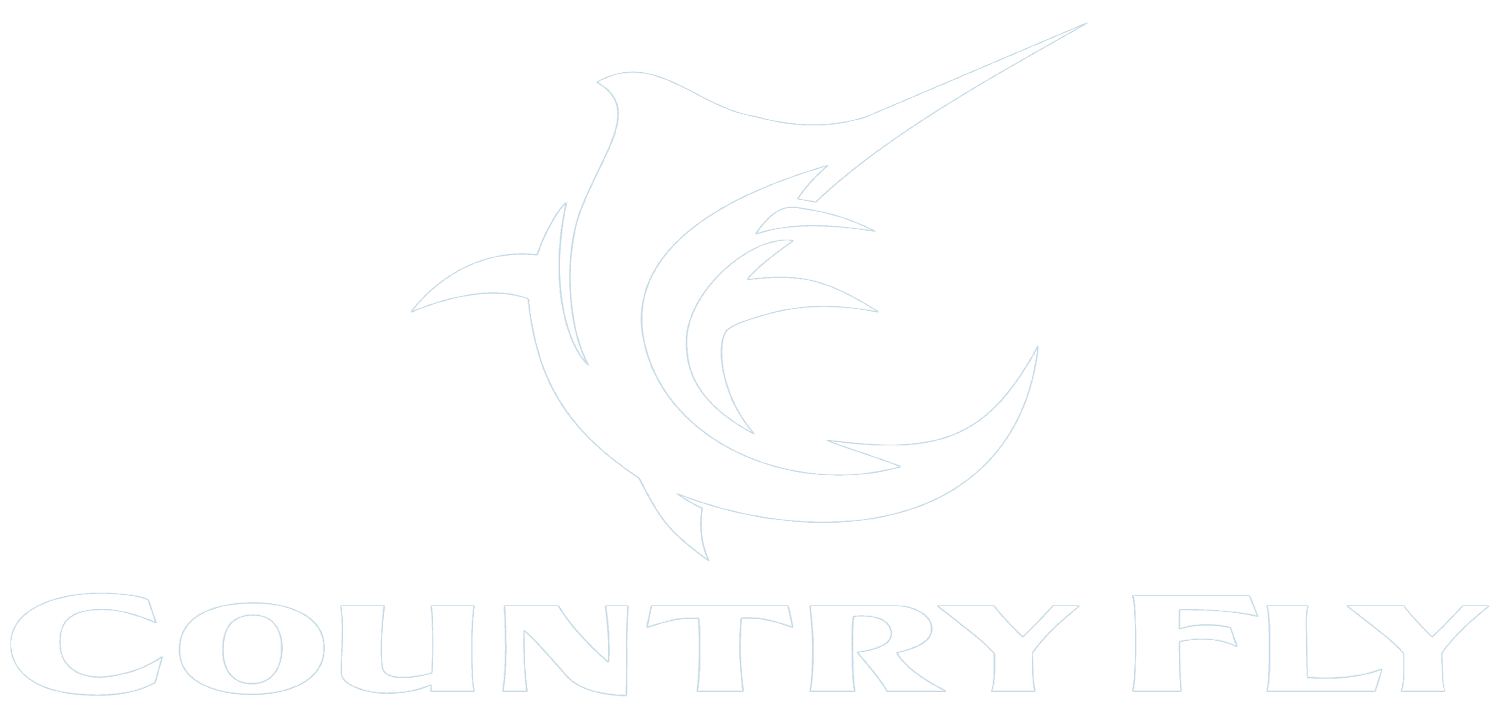Responsible Harvesting of Meat Fish
Responsible Harvesting of Meat Fish
Dec 5, 2024
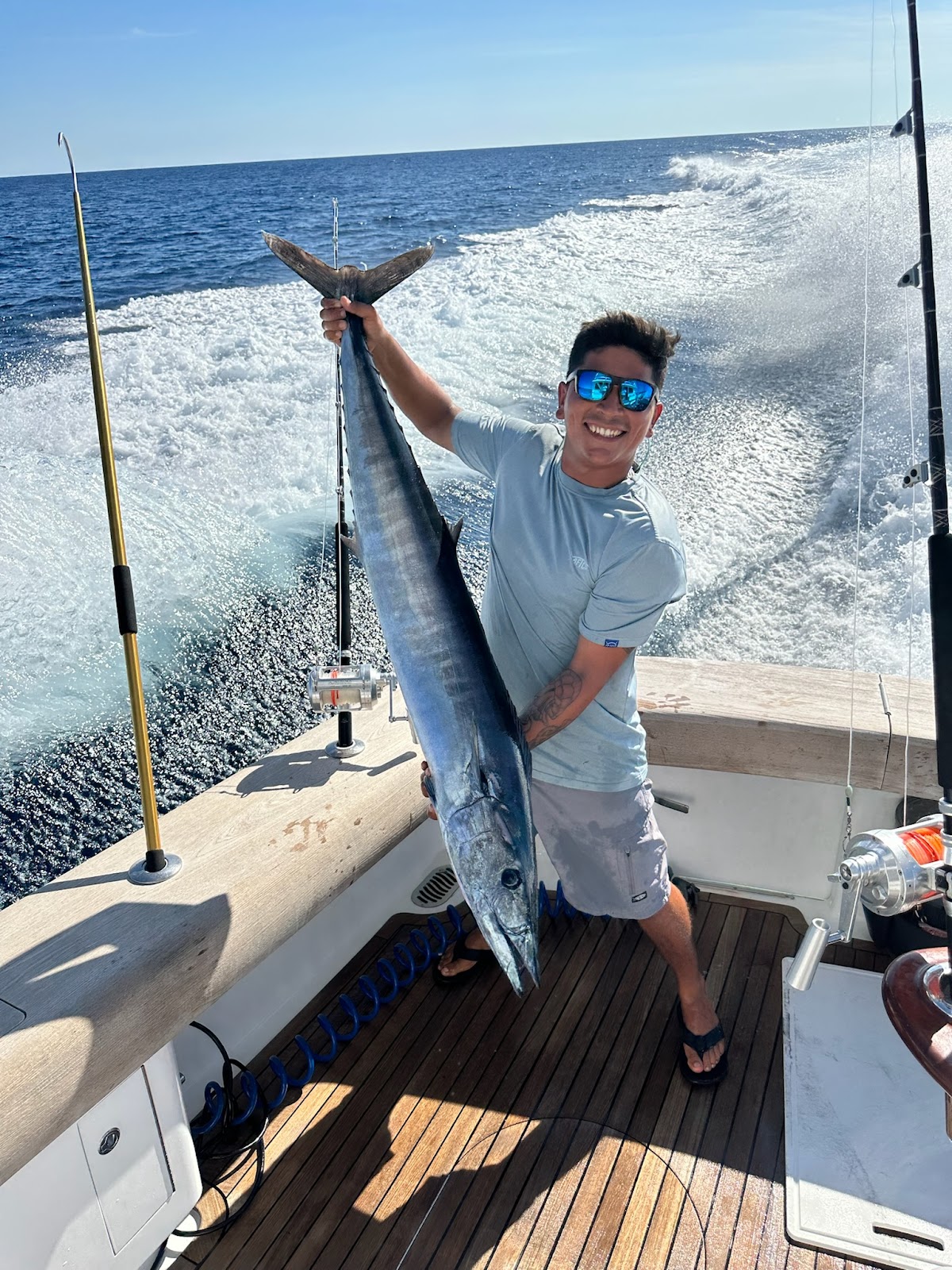


Responsible harvesting of mahi, tuna, and wahoo is essential for maintaining the balance of marine ecosystems and ensuring the long-term sustainability of these valuable fish species. Overfishing can lead to the depletion of fish populations, which not only affects the species themselves but also the larger marine environment and the livelihoods of those who depend on these fisheries. By implementing and adhering to sustainable fishing practices, such as respecting size and catch limits, using selective gear to reduce bycatch, and adhering to seasonal closures, anglers and commercial fishers can help ensure that fish populations remain healthy and resilient. This approach allows the fish to reproduce and replenish their numbers, maintaining the ecological balance and the availability of these species for future generations.
Moreover, responsible harvesting practices support the economic sustainability of coastal communities that rely on fishing as a primary source of income. By ensuring that fish populations are not overexploited, these communities can continue to benefit from the economic opportunities provided by healthy fisheries. Sustainable practices also enhance the reputation of the fishing industry by demonstrating a commitment to environmental stewardship and responsible resource management. This can lead to increased consumer trust and demand for sustainably sourced seafood, further supporting the economic stability of the industry. In summary, the responsible harvesting of mahi, tuna, and wahoo is crucial for preserving marine biodiversity, supporting local economies, and ensuring that these fish remain available for future generations to enjoy.
Responsible harvesting of mahi, tuna, and wahoo is essential for maintaining the balance of marine ecosystems and ensuring the long-term sustainability of these valuable fish species. Overfishing can lead to the depletion of fish populations, which not only affects the species themselves but also the larger marine environment and the livelihoods of those who depend on these fisheries. By implementing and adhering to sustainable fishing practices, such as respecting size and catch limits, using selective gear to reduce bycatch, and adhering to seasonal closures, anglers and commercial fishers can help ensure that fish populations remain healthy and resilient. This approach allows the fish to reproduce and replenish their numbers, maintaining the ecological balance and the availability of these species for future generations.
Moreover, responsible harvesting practices support the economic sustainability of coastal communities that rely on fishing as a primary source of income. By ensuring that fish populations are not overexploited, these communities can continue to benefit from the economic opportunities provided by healthy fisheries. Sustainable practices also enhance the reputation of the fishing industry by demonstrating a commitment to environmental stewardship and responsible resource management. This can lead to increased consumer trust and demand for sustainably sourced seafood, further supporting the economic stability of the industry. In summary, the responsible harvesting of mahi, tuna, and wahoo is crucial for preserving marine biodiversity, supporting local economies, and ensuring that these fish remain available for future generations to enjoy.
